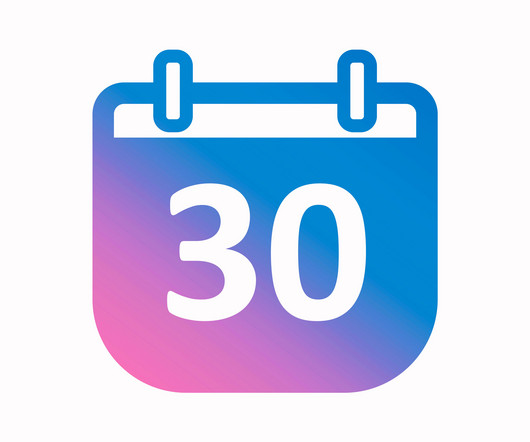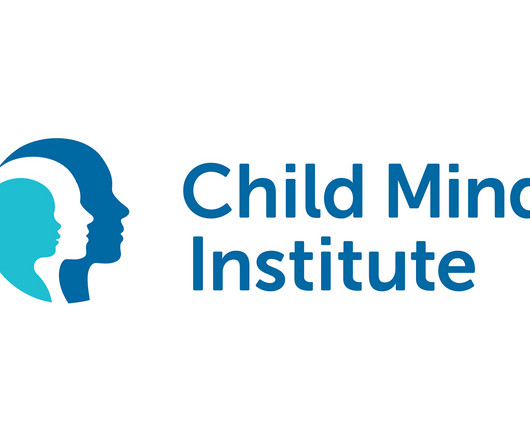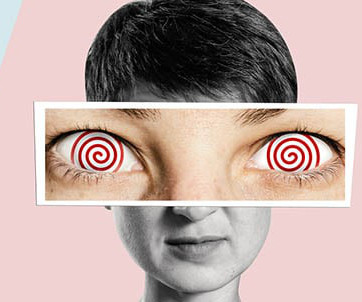Member Spotlight: 2025 Spence Award Recipient Justin Minue Kim on the Science of Emotion
Association for Psychological Science (APS)
JUNE 12, 2025
Specifically, my first publication as a PhD student was one of the first to combine fMRI and DTI to provide a link between amygdala–prefrontal circuitry and trait anxiety (Kim & Whalen, 2009). For instance, could a brief movie-watching fMRI session serve as a useful tool to assist in the formal diagnosis of anxiety disorders?












Let's personalize your content